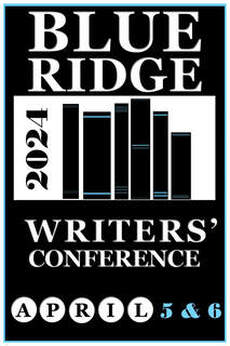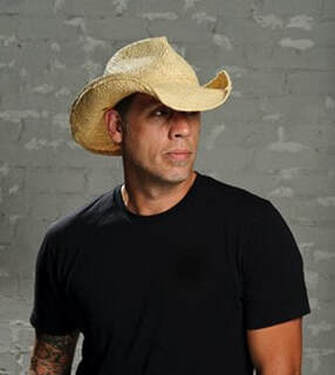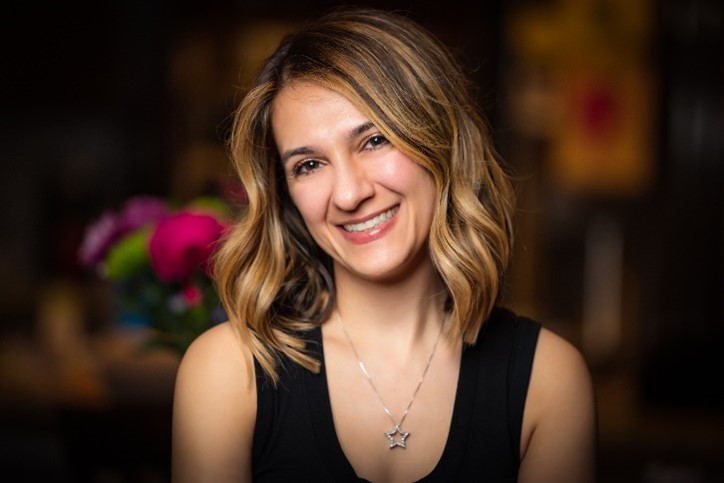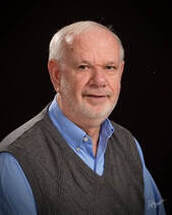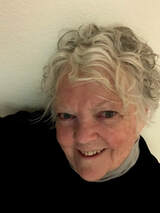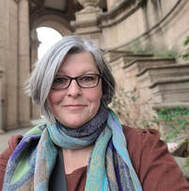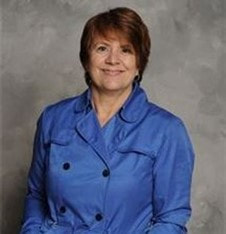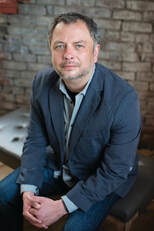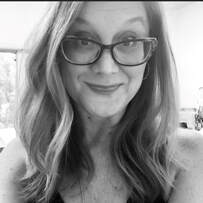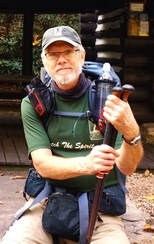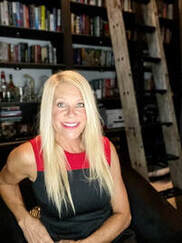2024 Conference Sessions
Keynote Speaker
|
Workshop Intensive Panel
Talking About Self-Publishing
The panel will discuss paths to self-publishing and the help you need to do it, from prepping the manuscript to submissions to publicizing and selling your work. They will cover working through Amazon, working with a book publishing company, and making the jump from self to traditional publishing. Panel members will each do a short presentation in the morning, followed by a brief break for lunch and breakout groups with each speaker.
Talking About Self-Publishing
The panel will discuss paths to self-publishing and the help you need to do it, from prepping the manuscript to submissions to publicizing and selling your work. They will cover working through Amazon, working with a book publishing company, and making the jump from self to traditional publishing. Panel members will each do a short presentation in the morning, followed by a brief break for lunch and breakout groups with each speaker.
angela decairesAngela DeCaires will walk participants through best practices and mistakes to avoid in the self-publishing process, the services available to self-publishing authors, and how to navigate the process.
|
danny pelfreyDanny Pelfrey will discuss the creative decisions that led him to both self and traditional publishing in his writing life.
|
sandy websterSandy Webster will relate the details of her experience as an author and illustrator in publishing through Amazon KDP (Kindle Direct Publishing).
|
kitty taylorworkshop intensive PANEL MODERATOR |
julie gwinnCreating a Film Deck:
The First Step from Page to Screen Every novelist or even nonfiction author sees their work as a movie or made-for-TV documentary. But how do you envision your project as episodes? And how do you put it into a document to present to producers? This session will walk writers through the creation of a film deck and how to take your written project to the screen. Artificial Intelligence: A Guide for Writers Everyone is talking about AI and how to use AI for writing. This session will give an overview of the dos and don'ts of using AI in your writing project, the legal ramifications and how to use AI and still maintain copyright of your intellectual property! |
chris negronWriting Middle Grade
How is writing a novel for an intended audience of 8- to 12-year-olds any different than writing any other novel? What are the most important decisions to make and elements to get right? Chris Negron, author of three such novels for the middle grade audience, will explore these topics and reveal some secrets using his current novel in progress as an example. For those not writing in the middle grade space, this session will cover basic concepts of plot, structure and voice that apply to all genres and age groups. Tips and Tricks for Introducing Your Characters It's that all important "first look" - the moments early in your story where the reader "sees" your character for the very first time. Not merely physical, external descriptions (though we'll discuss that, too) but who they are inside, important characteristics that foreshadow everything else to come. Themes, plot points, motivations, all of it often comes directly out of those first few pages. What are some elegant, unique ways you can reveal these characteristics in the context of forward moving action? We'll dive into several examples from the stories you love, whether they be modern novels, classics or even films, to show the multitude of options you have to choose from. |
rosemary roystonTo Tell and Retell in Poetic Form
This workshop will examine how poets use their craft to tell their own stories, along with the retelling of common narratives such as Biblical stories or Greek myths. Special attention will be given to form, allusion, epigraphs, and point of view. This class is also ideal for the writer who wishes to include artifacts or drawings within their poetry collection, and examples of strong hybrid collections will be shared. All levels are welcome, and prompts will be provided for in class writing. |
john turner |
linda sands |
|
Failing Your Way to Writing Success
Writers often face rejection. John will explore methods to handle failure and deal with the discouragement that comes along with rejections in your inbox. Drawing from his writing journey and the life-changing wisdom of Eudora Welty, James Baldwin, and Stephen Marche, he will talk about ways to keep moving forward with your writing life. The Quest and the Story: Turning Your Travel Adventure into a Successful Narrative Whether you have just returned from summiting Everest or that long road trip across America in that ancient VW bus with the peace signs painted on the side, you've got a story itching to be told! We will explore the genre of travel narratives, dive into the mechanics of structure, the details of being a reporter in the field as well as the protagonist of the story. I'll share some of my adventures hiking the Appalachian Trail and how I turned those long months and miles into a published book. |
speaker PANEL MODERATOR
DO YOU HAVE A QUESTION FOR OUR SPEAKERS PANEL?
|
